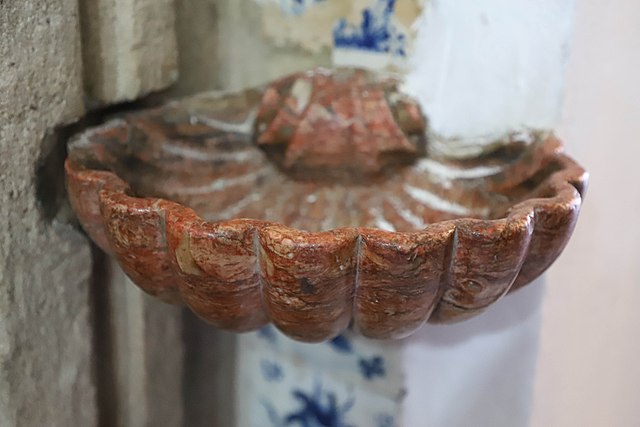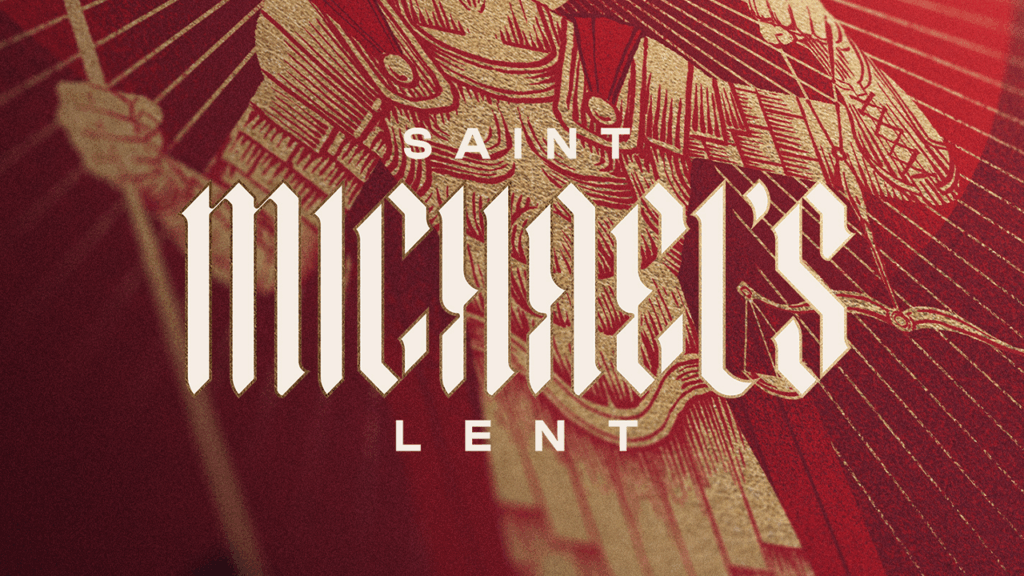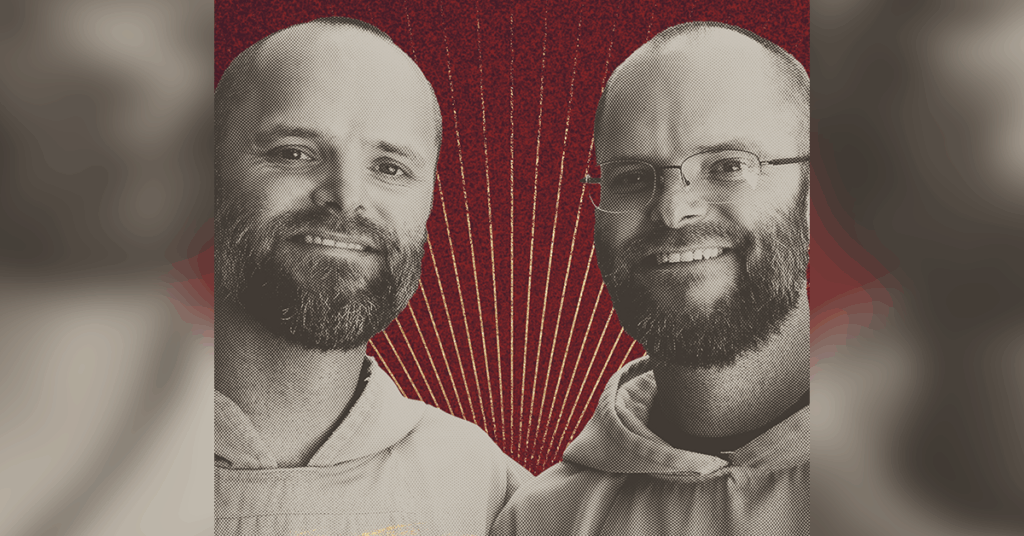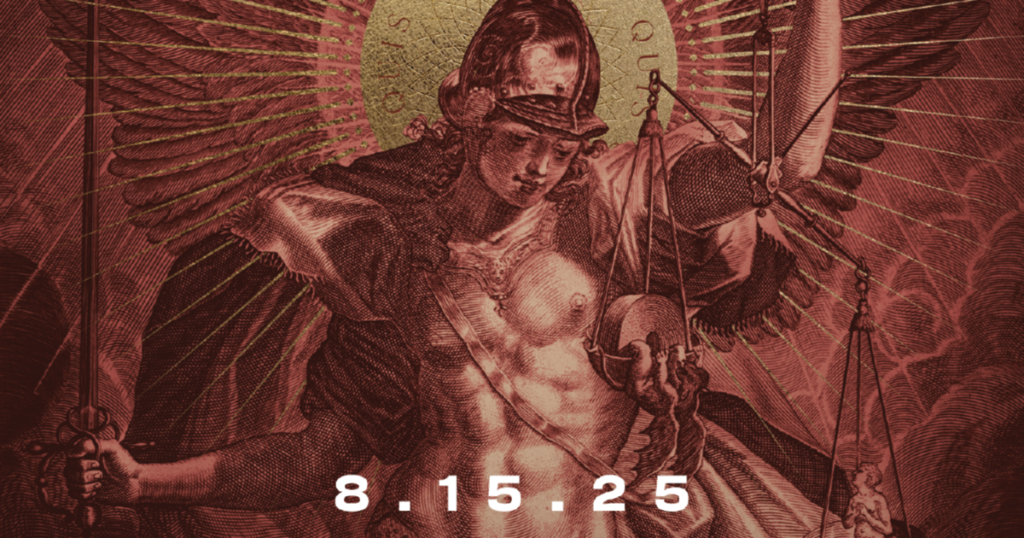In the season of Lent, our worship takes on a new rhythm, subtly shifting our focus towards a more penitential spirit. This season invites us to embrace change, not just for change’s sake, but to deepen our faith and live out the Lenten journey the Church lays before us.
Flowers and Musical Instruments
Ordinarily, flowers grace our altars, and music fills the air, celebrating God’s glory through the beauty of creation and the joy of song. But, during Lent, these elements are notably absent (except on Laetare Sunday). Why do we omit these good things from the liturgy? Signs and Symbols. By setting aside these symbols of celebration and mirth, the Church invites us to reflect on the solemnity of the season and the depth of Christ’s sacrifice. It’s a visual and auditory fast, preparing our hearts to appreciate the full joy of Easter with a renewed sense of gratitude.
The Gloria
The Gloria, a vibrant hymn of praise, is temporarily set aside during Lent. It’s not that our need to glorify God takes a pause; rather, Lent challenges us to find different expressions of praise. This season, our glorification comes through introspection and repentance, aligning our hearts more closely with the sacrifices of Christ. This omission reminds us that our journey to Easter involves a shift from external expressions of joy to an internal renewal of our spirit.
The Alleluia
From the beginning of Lent, the Alleluia is not sung in the liturgy until the Paschal Vigil. “Alleluia” comes from Hebrew and means “praise God.” This tradition of pausing our Alleluias is a powerful reminder of Lent’s reflective nature. Just as the land rests to rejuvenate, so do we pause these exclamations of joy to reflect, repent, and prepare our hearts for the profound joy of Easter.
Prayer of the People
Lent should also be a time of blessing, and the special Prayer over the People at the end of weekday Masses is a beautiful embodiment of this. These prayers follow the most ancient Roman style of blessing. They offer a less ornate but deeply meaningful blessing, inviting us to carry the spirit of the season into our daily lives. When you are at Mass, take a moment to reflect on the blessings and be attentive to the themes they present.
Holy Water Fonts?
In our time, some churches have started removing the holy water fonts (stoups) from the entrance of churches. This custom is not allowed. Lent is a season rich in the symbolism of water and baptism, constantly evoked in liturgical texts. Because this season is a catechetical season—preparing the catechumens for baptism through RCIA and preparing the faithful to renew their baptismal promises at Easter—the practice of removing the holy water fonts is contrary to a balanced understanding of the season of Lent. The practice of the Church has been to empty the Holy Water fonts on the days of the Sacred Triduum in preparation for the blessing of the water at the Easter Vigil, and it corresponds to those days on which the Eucharist is not celebrated (i.e., Good Friday and Holy Saturday).
Living a Devotional Lent
How do these five unique practices help us live the Lenten spirit inside and outside the liturgy? They show us that the penitential spirit of Lent dictates that the people of God should give things up. We give up good things—beautiful things—so that we focus our minds and hearts on the penitential spirit of the seasons and the preparation for the waters of renewal in baptism.
This year, the Lenten exercise prepared by the team at Exodus will help us live this spirit of penance through asceticism as we root out the evil in our lives and become the renewal in the Church and the world.





